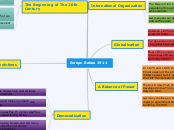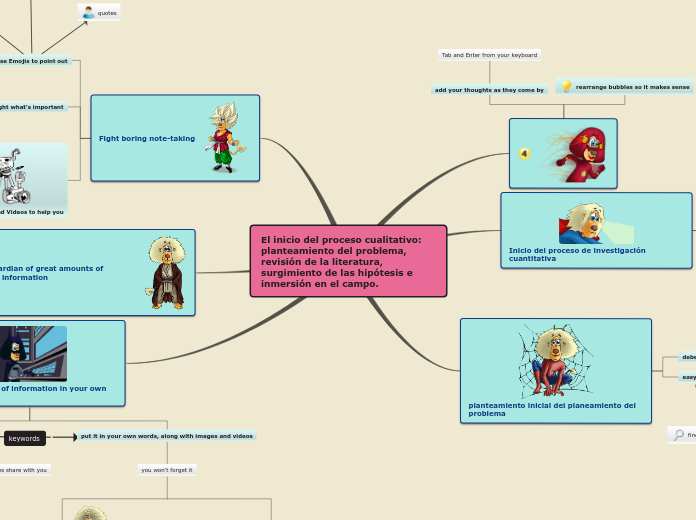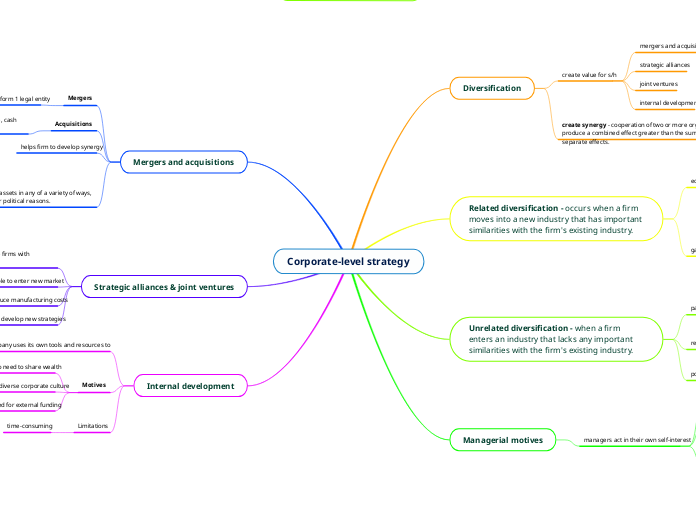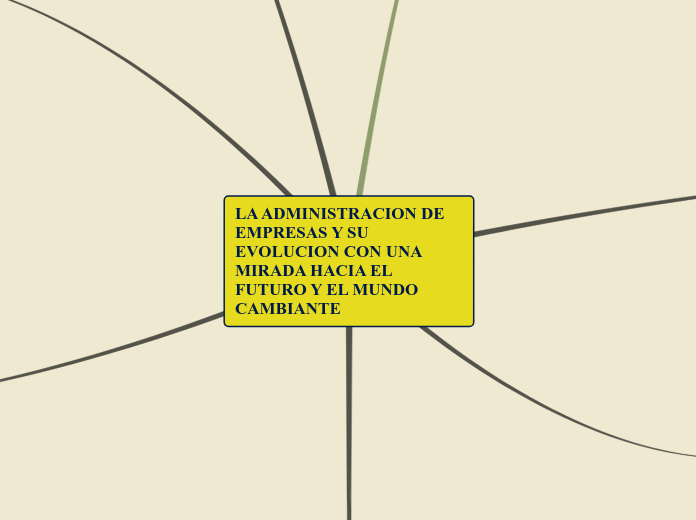a matias granados 6 éve
183
matias.granados_vs@village.edu.gt
The period leading up to 1914 in Europe was characterized by significant military, political, and economic developments. Militarily, advancements such as Prussia's use of railways for troop mobilization and Britain'









